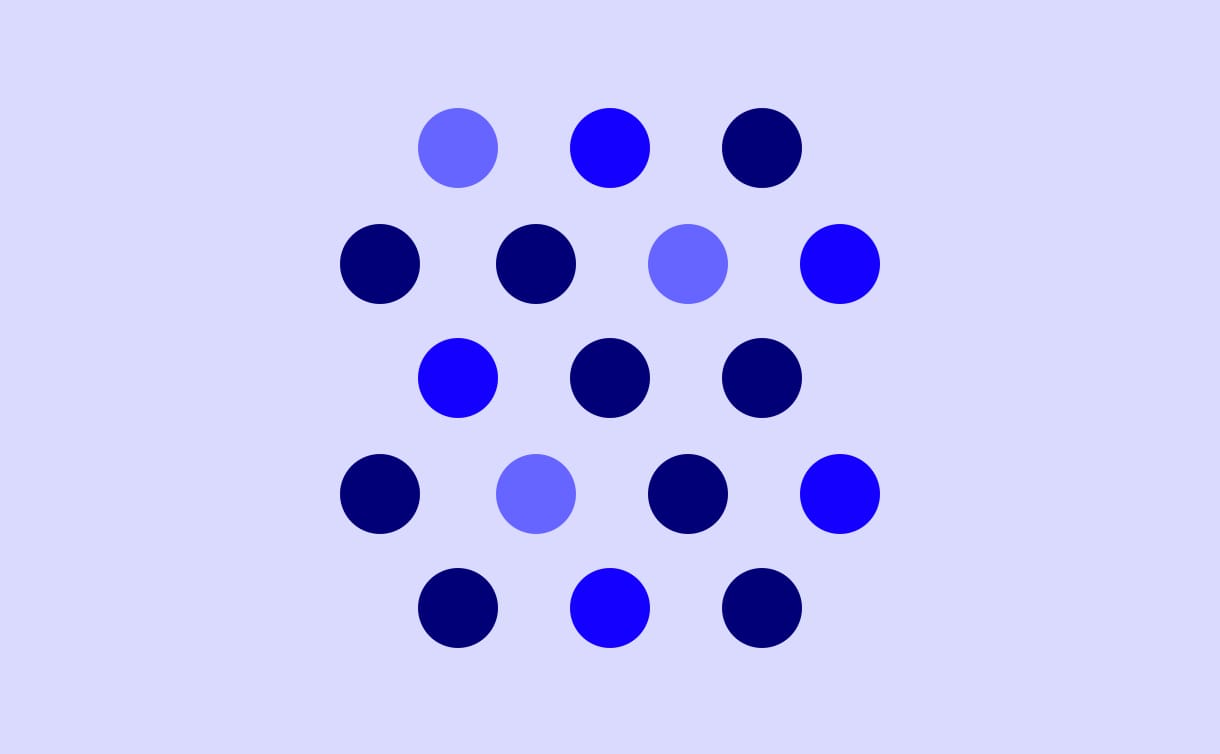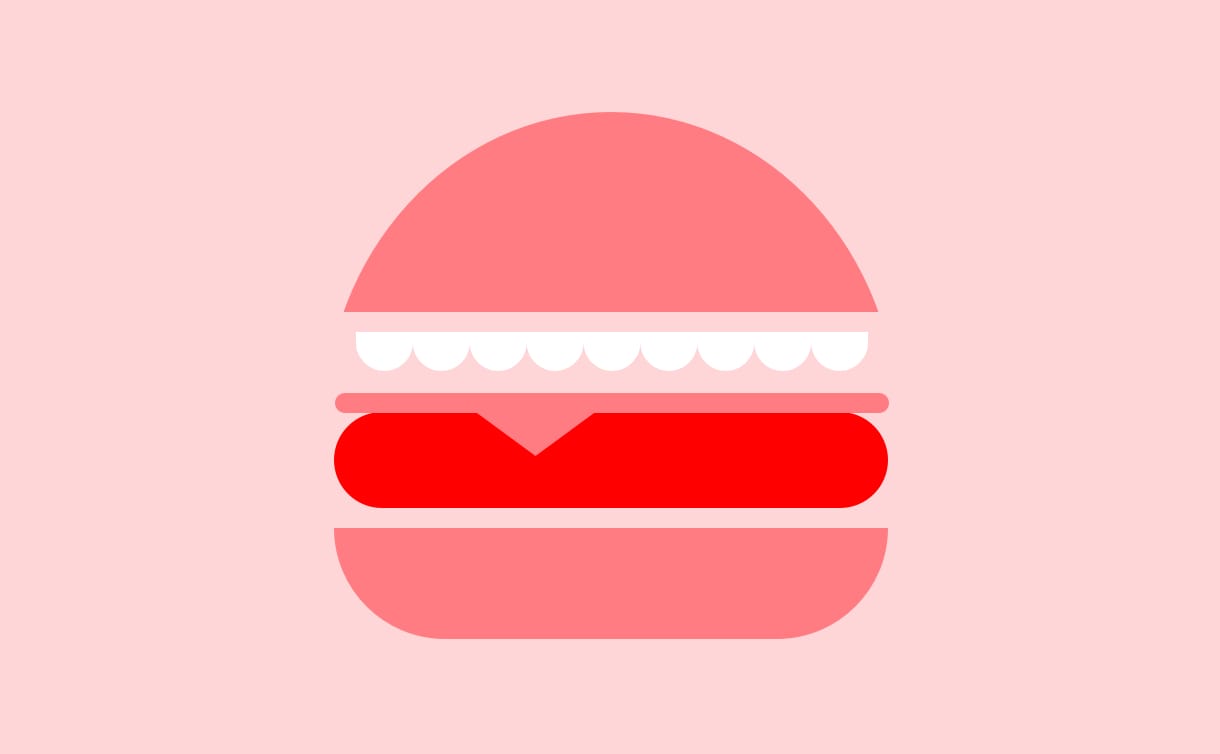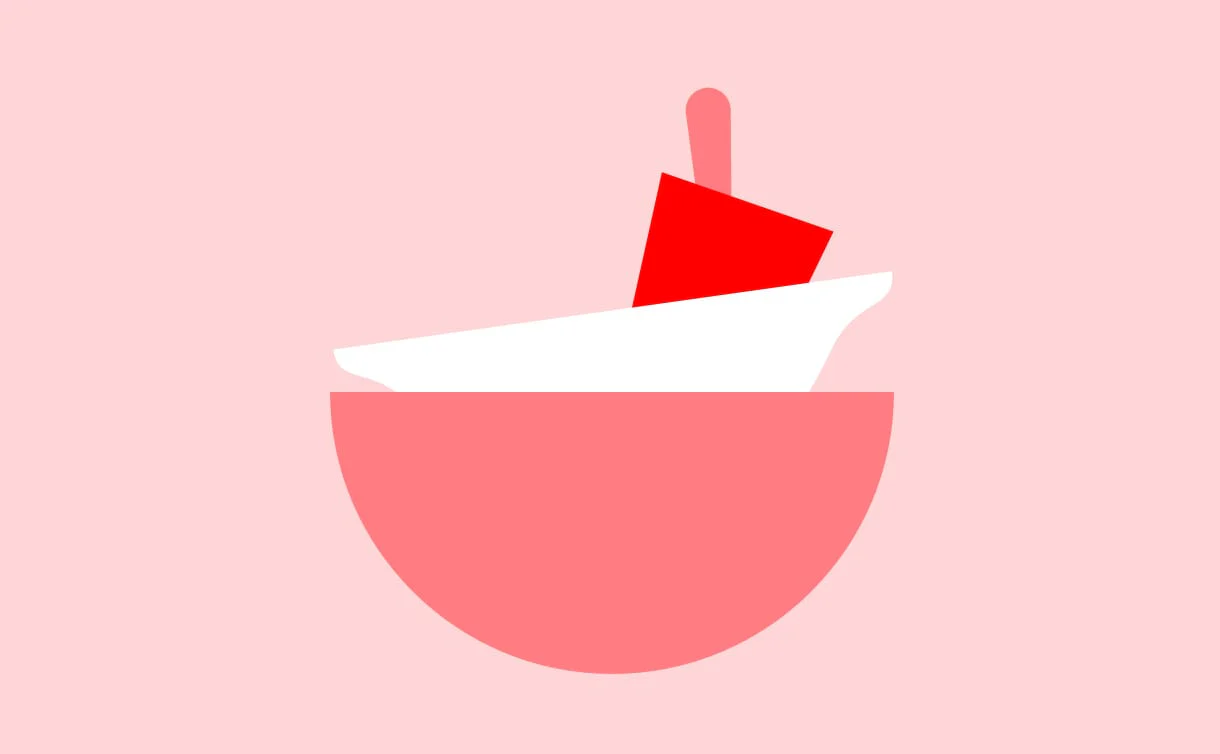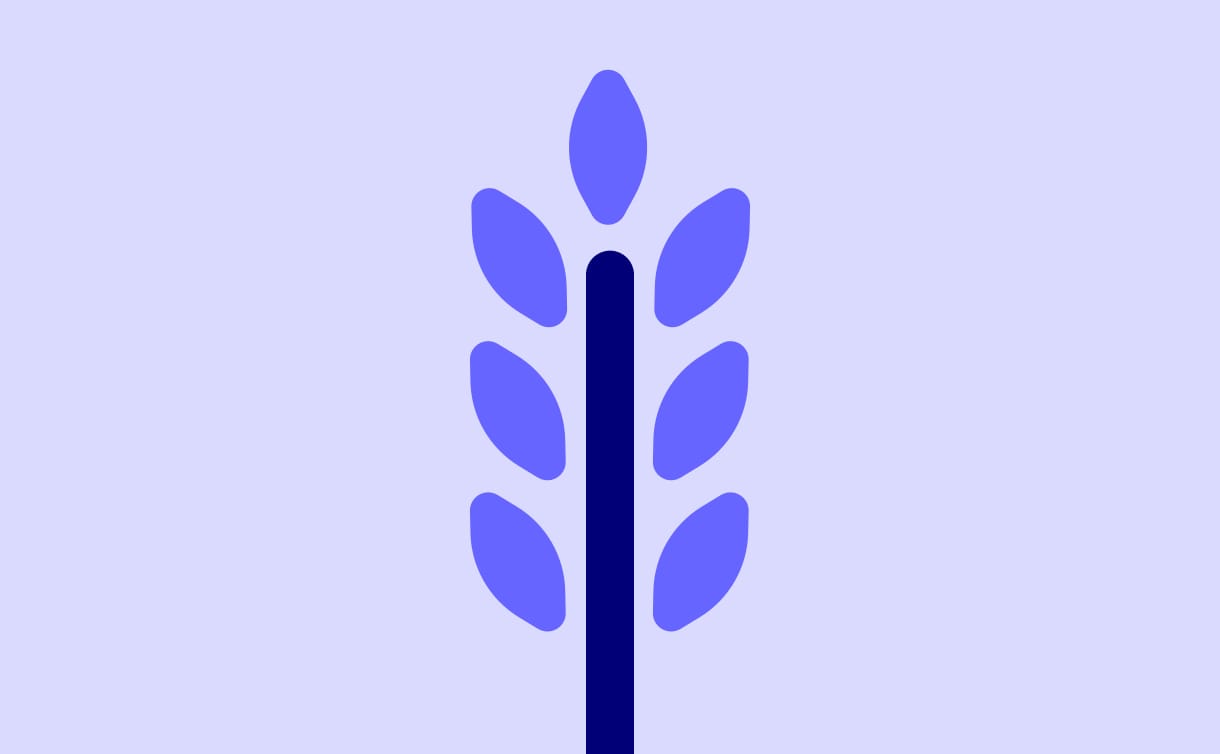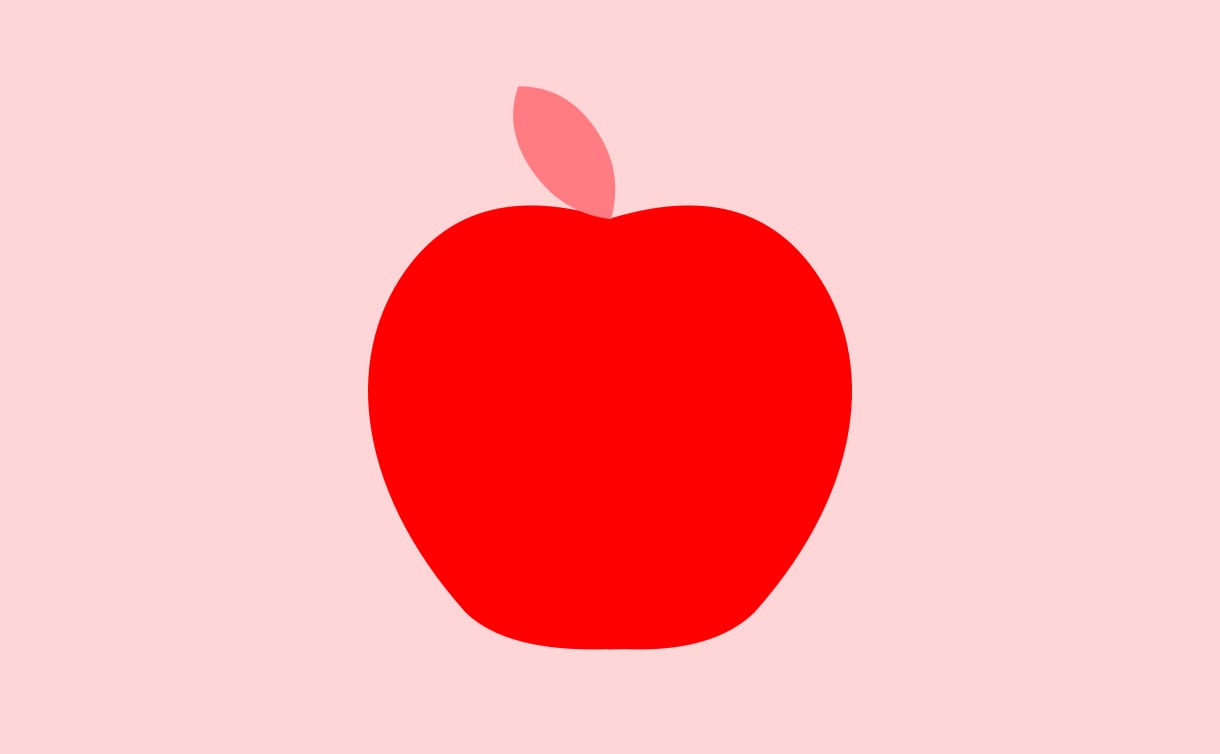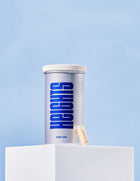
How to nourish your body (and your brain)
Every time you take a sip of water, munch some mango, or pop a supplement, your body and your brain will thank you.

Nourishing your body is one of the 5 braincare behaviours , alongside moving daily, taking time to pause, staying curious, and resting regularly. These simple habits will keep you doing the things you love, and kickstart the things you've always wanted to do.
What do we mean by nourishment?
Nourishing your body means simply being aware of the things you’re eating and drinking—making sure you, your body, and your brain feel their very best, every day.
Easier said than done, right? It doesn’t have to be scary, or involve tricky regimens. When it comes to the crunch, nourishment is all about putting the right things in your body.
How nutrition affects the brain
Nutrition is so close to nourishing, it makes sense the two go hand-in-hand. You can’t nourish your body if you’re not taking notice of what you’re putting into it.
A healthy diet improves brain health and cognitive function, and on the flipside, a poor diet can impair brain function and cause cognitive decline. So drinking plenty of water, filling your plate with a kaleidoscope of colours, and eating the right vitamins and minerals are crucial. Healthy body, healthy brain.

Omega 3
Omega 3 is a group of fatty acids commonly found in eggs, nuts, seeds, and fish.
It contributes to maintenance of normal brain function, your blood pressure and supports both your heart health and vision.
Our body can’t produce omega 3, that’s why it’s important to include in your diet, either from food or by taking supplements.
B vitamins
B vitamins are some of the most important vitamins your body and your brain can get, and are vital for:
-
Energy levels
-
Metabolism
-
Positive moods
-
Production of melatonin (the hormone that encourages sleep)
You can find the 8 B vitamins in a variety of foods, from citrus fruits, dairy, eggs, whole grains, avocado, seafood, leafy greens, and salmon, as well as some foods that are fortified with vitamins.
Vitamin D
If you want a healthy immune system, to enjoy positive moods, and more mental and physical energy, it’s vital you get your daily fix of vitamin D . It can be found in oily fish, such as salmon, sardines, and mackerel, as well as red meat, egg yolks, and fortified foods like spreads and cereals.
A more efficient way to get your vitamin D is through sunlight (although do remember your SPF), and if you’re in less sunny climes, a quality supplement. In fact, the NHS recommends that every adult in Britain takes a vitamin D supplement every day.

How to get the right nutrition
Filling your plate with the right things is the best place to start when it comes to nutrition. While they’re mighty important (and tasty), there’s more to nutrition than just fruits and vegetables. You can also:
-
Aim for two portions of oily fish a week
-
Swap refined carbs for higher fibre, starchy carbs
-
Cut down on saturated fats
-
Reduce salt intake
-
Eat a good breakfast
Superfoods can be, well, super—but it’s important to not get spellbound by their superness. Nutrition is about eating a rich and varied diet. Superfoods like kale and chia seeds are a great addition to your diet, but they can’t anchor a healthy diet on their own.
What about water?
When you think of nourishment, you often think about food. But drinking water, and staying hydrated, is an essential part of keeping your body nourished. But why exactly is that?

How important is water?
As much as 60% of our bodies is water , so it makes sense that drinking water is vital for good nutrition. Not only does it keep you from getting dehydrated, drinking water aids digestion and normal cognitive function, boosts your energy levels, supports your mood, and keeps your skin looking fresh.
How watery is your brain?
While the body is around 60% water, our brains are 80% water, which is a bigger percentage of water to land on Earth. You may also be drinking the same water as the dinosaurs, as there’s the same amount of water on Earth now as there was when it was formed (we’re done with the fun facts now, promise).
How much water should I drink?
There’s a great deal of confusion when it comes to how much water you should drink in a day. Some sources say two litres, some say one, tea does count, coffee doesn’t… so what’s the deal? In order to avoid the negative side effects of dehydration, you should drink around 8 glasses of water a day, more so when the weather is hot, or when you’re exercising regularly. Though don’t worry too much about keeping count—listening to your body and drinking when you’re thirsty is fine too.
What happens when you don’t drink enough?
When your body is running low on liquid, it disrupts the balance of minerals in your body. This can alter the way our bodies function, causing you to become fatigued, lightheaded, and dizzy.
Water is vital for keeping our brains functioning well. Dehydration can bring on brain fog, affect your ability to concentrate, and cause a decline in cognitive performance, especially as we grow older.
And you don’t always realise when you’re becoming dehydrated. An hour of moderate exercise (a brisk walk, for example) can lead you to lose almost a litre of water while barely realising it.
Which foods dehydrate you?
Coffee, ready meals, and salty snacks are a given, but there’s a few other surprising foods and drinks that’ll have you reaching for the H2O:
-
Alcohol
-
Fizzy drinks
-
Coconut water
-
Asparagus
-
Artichokes
Hydrate creatively
Water is undoubtedly a wonderful way of staying hydrated, there are more creative ways of staying topped up:
Switch drinks
Water is such an obvious choice, right? But if you’re not in the mood for another glass, try substituting with skimmed or plant-based milks, smoothies, and teas. They might not be quite as effective as water, but they’ll help keep you hydrated without water-boredom setting in.

Wolf watery foods
You don’t necessarily need to drink liquids in order to stay hydrated—some foods such as celery, watermelon, lettuce, cucumber, and celery help you stay hydrated and full at the same time. Some call that two birds with one stone.
The hottest water bottle
Investing in a reusable bottle, perhaps one with a compartment to add fruits for flavour, could encourage you to take a sip more often. A tea-stained mug or cloudy glass isn’t quite as inviting.
Nourishing your body is an important part of your braincare routine—your brain can’t focus, process emotions, or keep you sharp unless you’re eating well and staying hydrated. You wouldn’t expect your laptop to run smoothly for long without charging it, and your brain is exactly the same.
And don’t forget to incorporate the other behaviours— moving daily , resting regularly , staying curious , and taking time to pause —into your everyday braincare routines.
Know your own mind?
The average brain health score is 51/100. Take our 3-minute quiz to learn how yours measures up and how to boost it.










